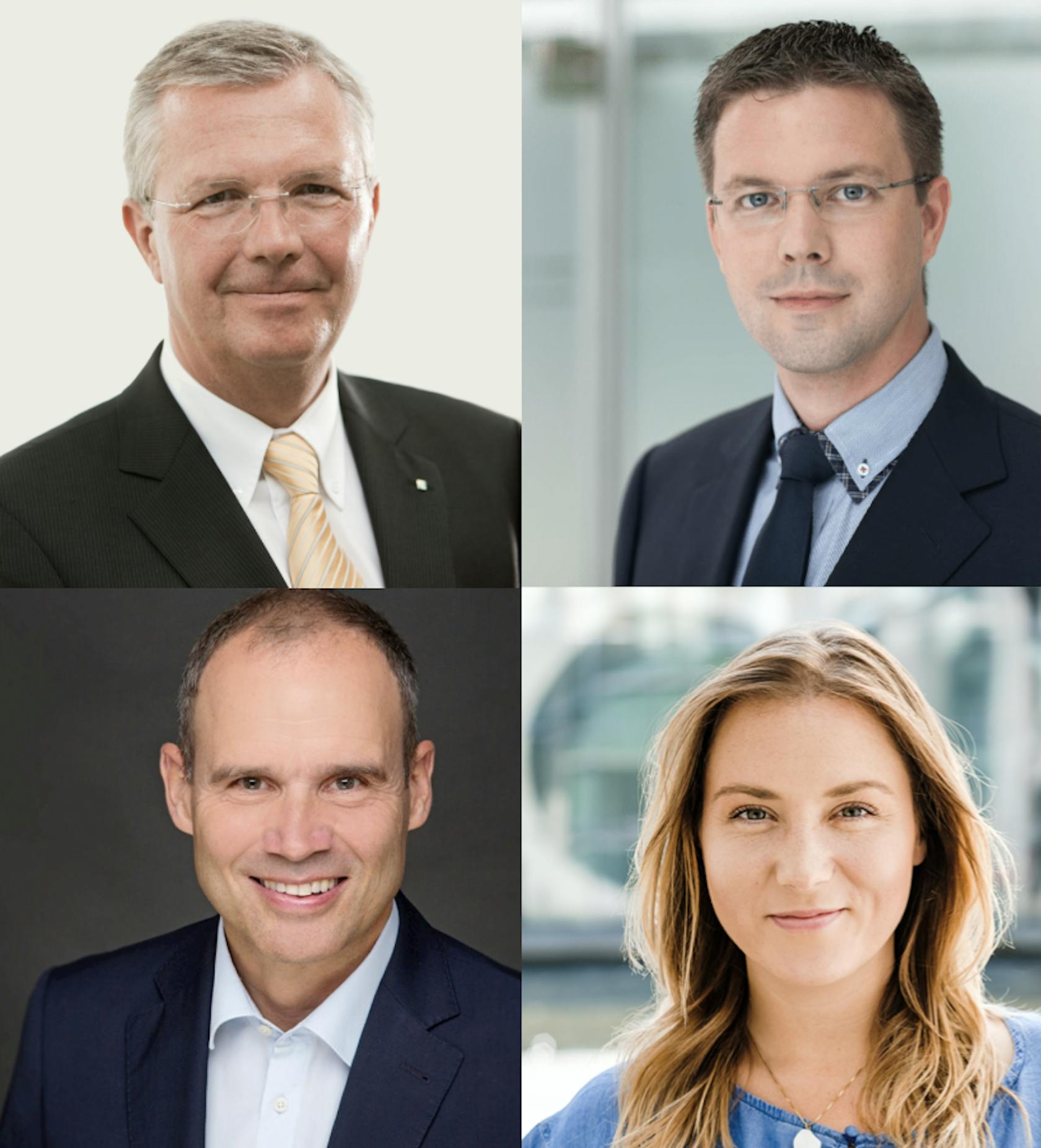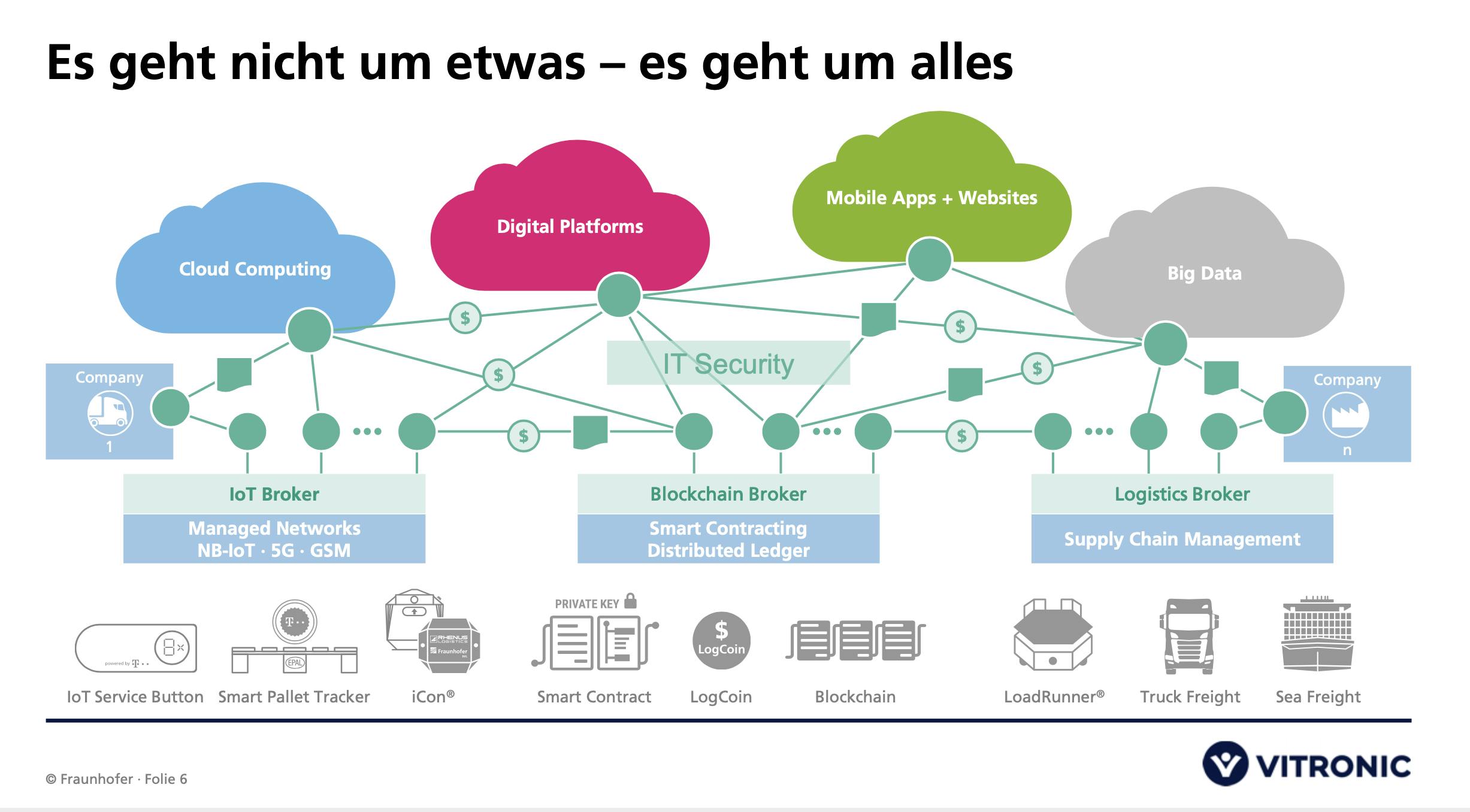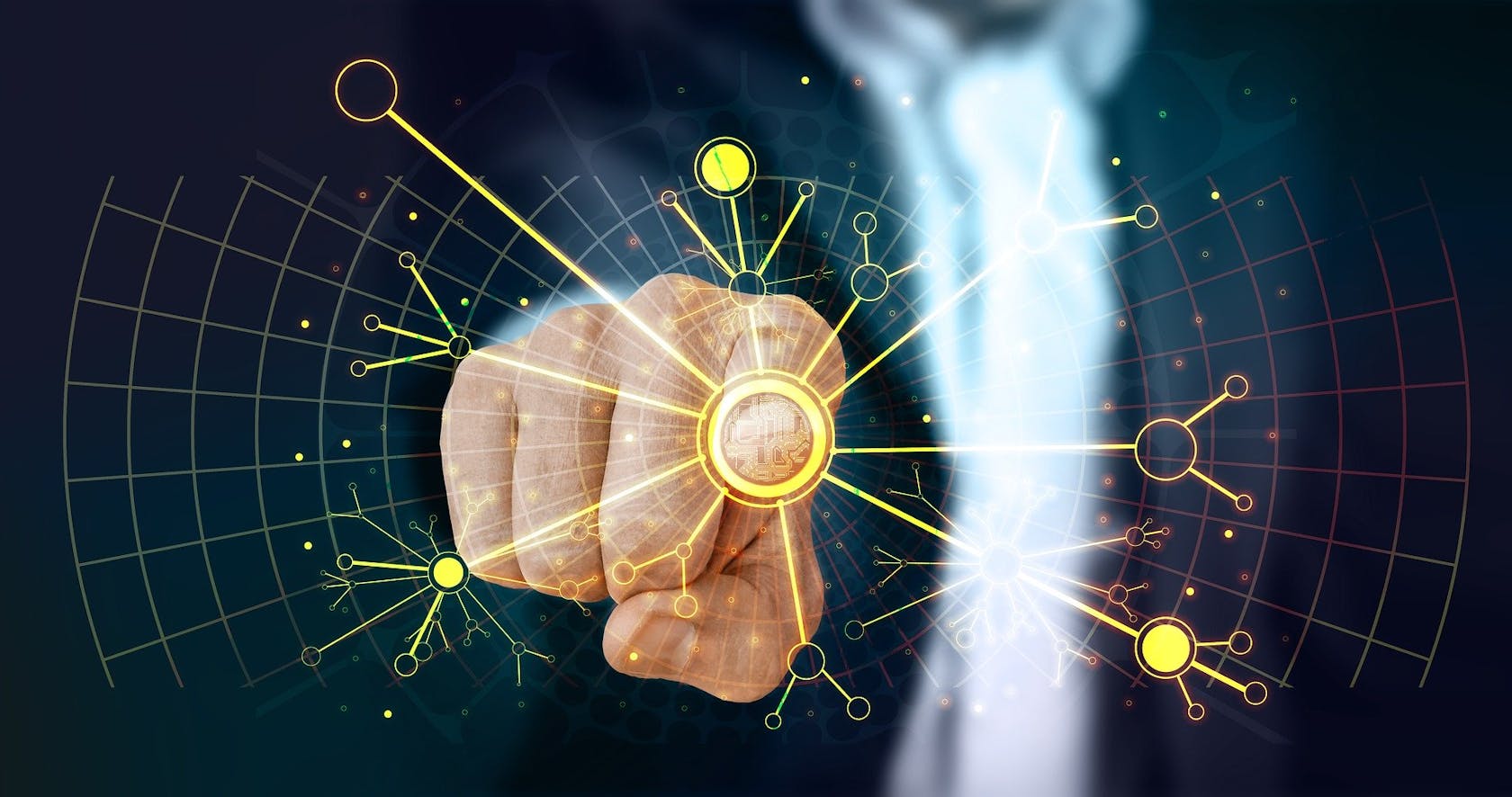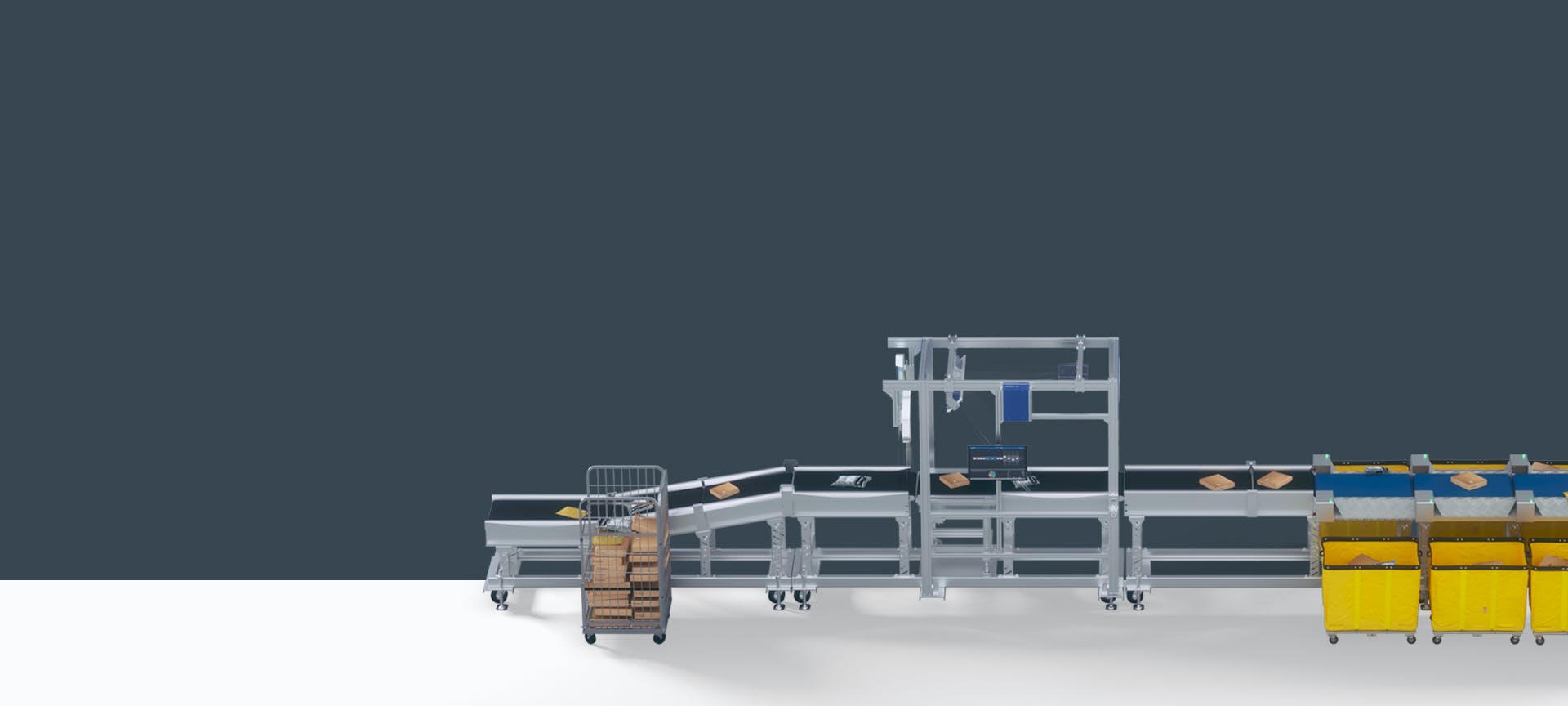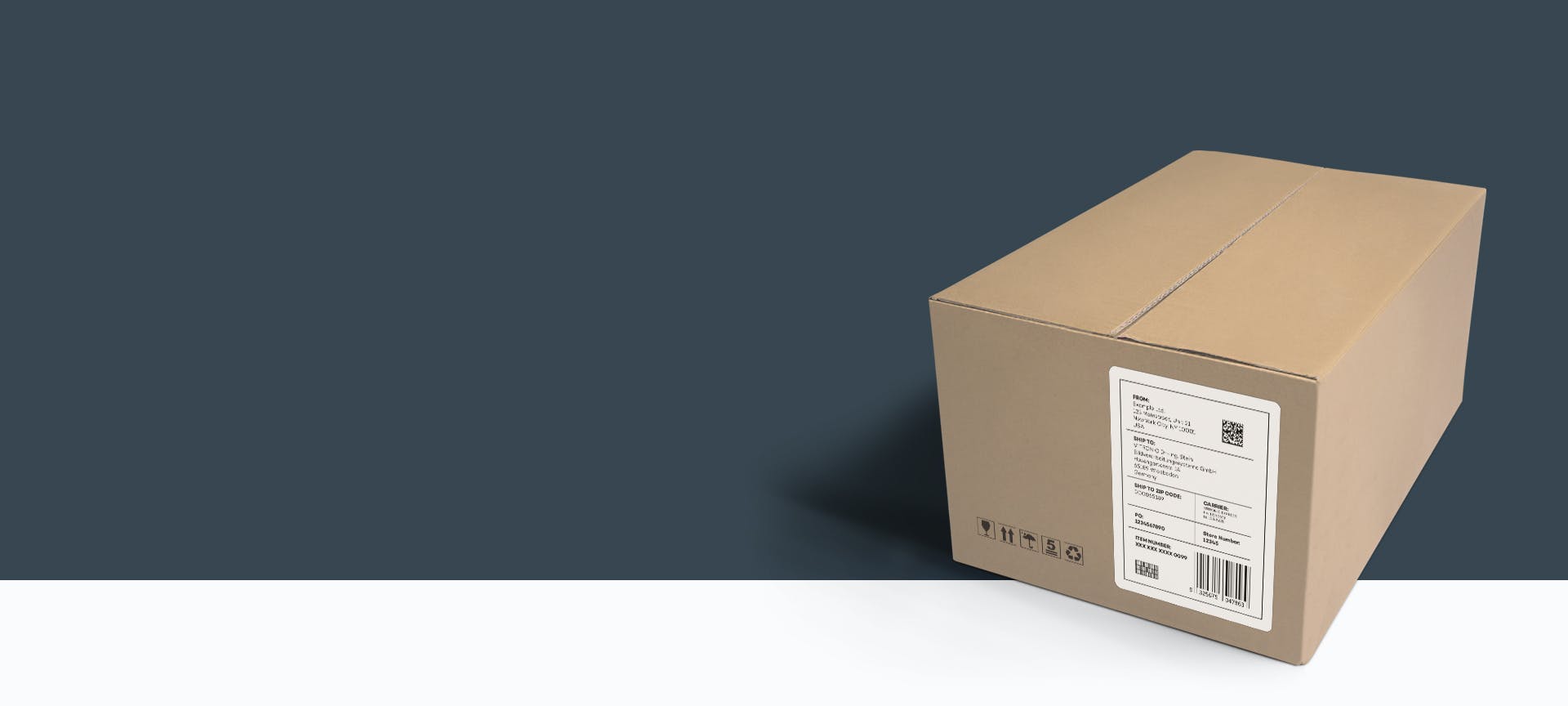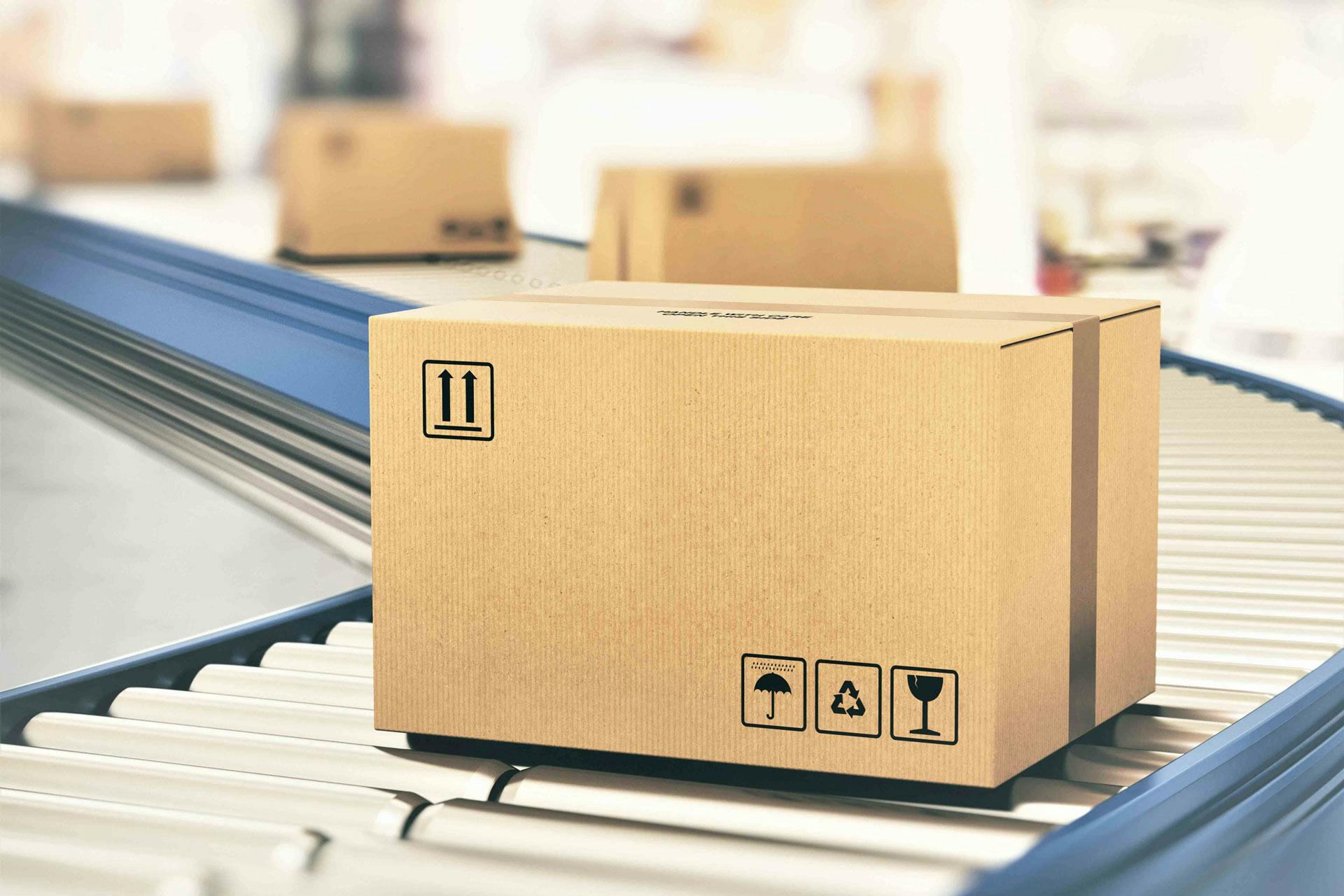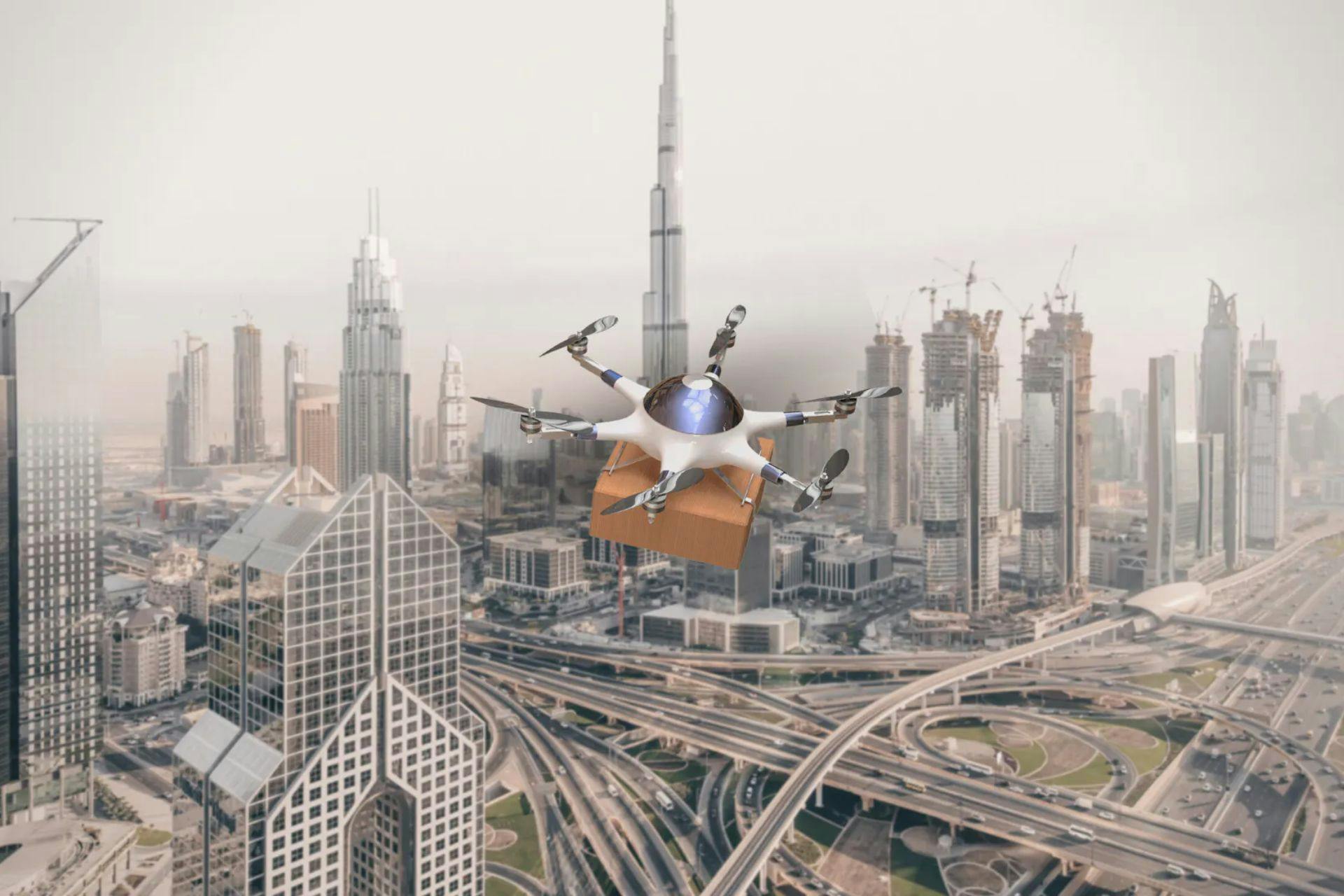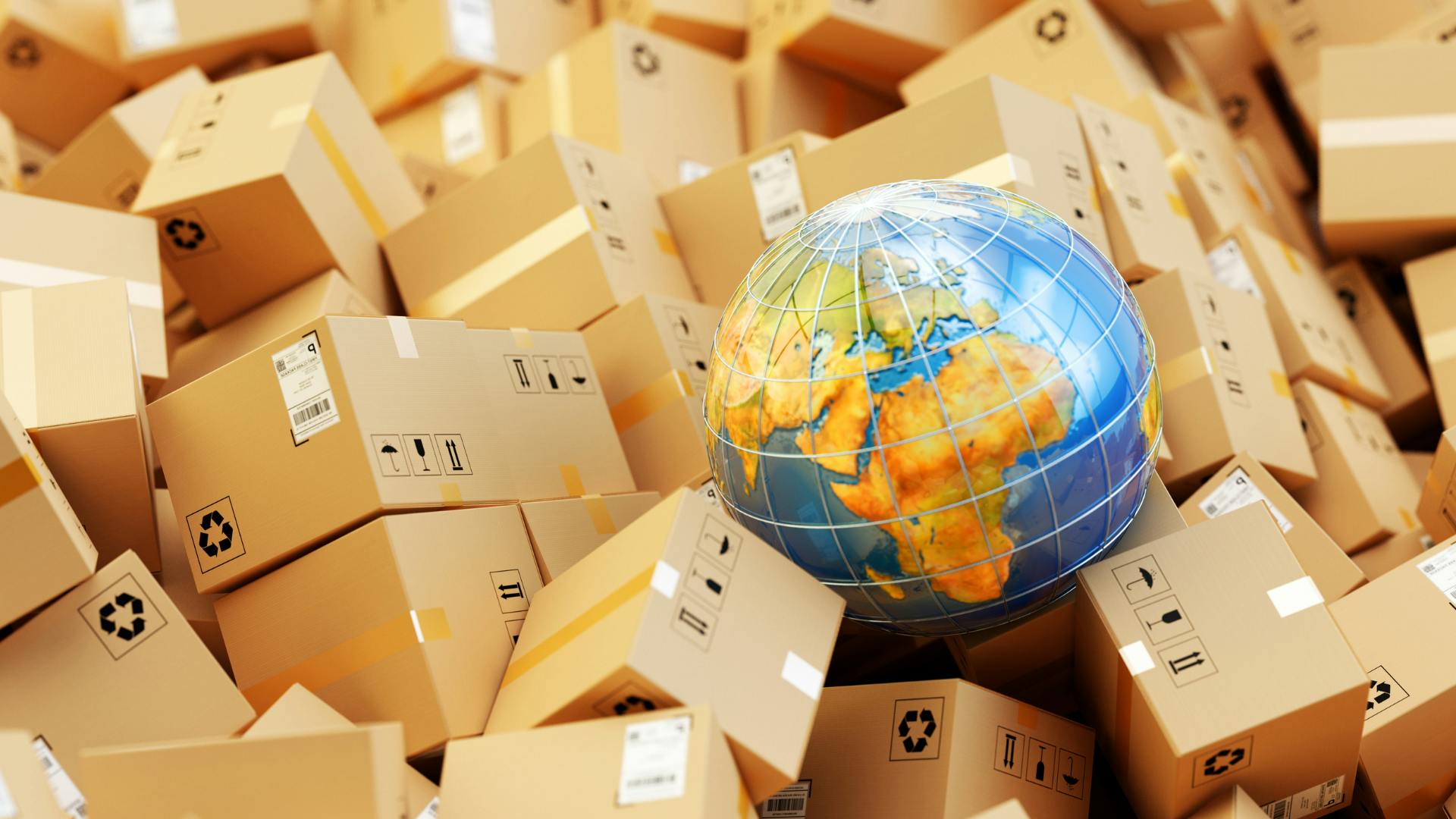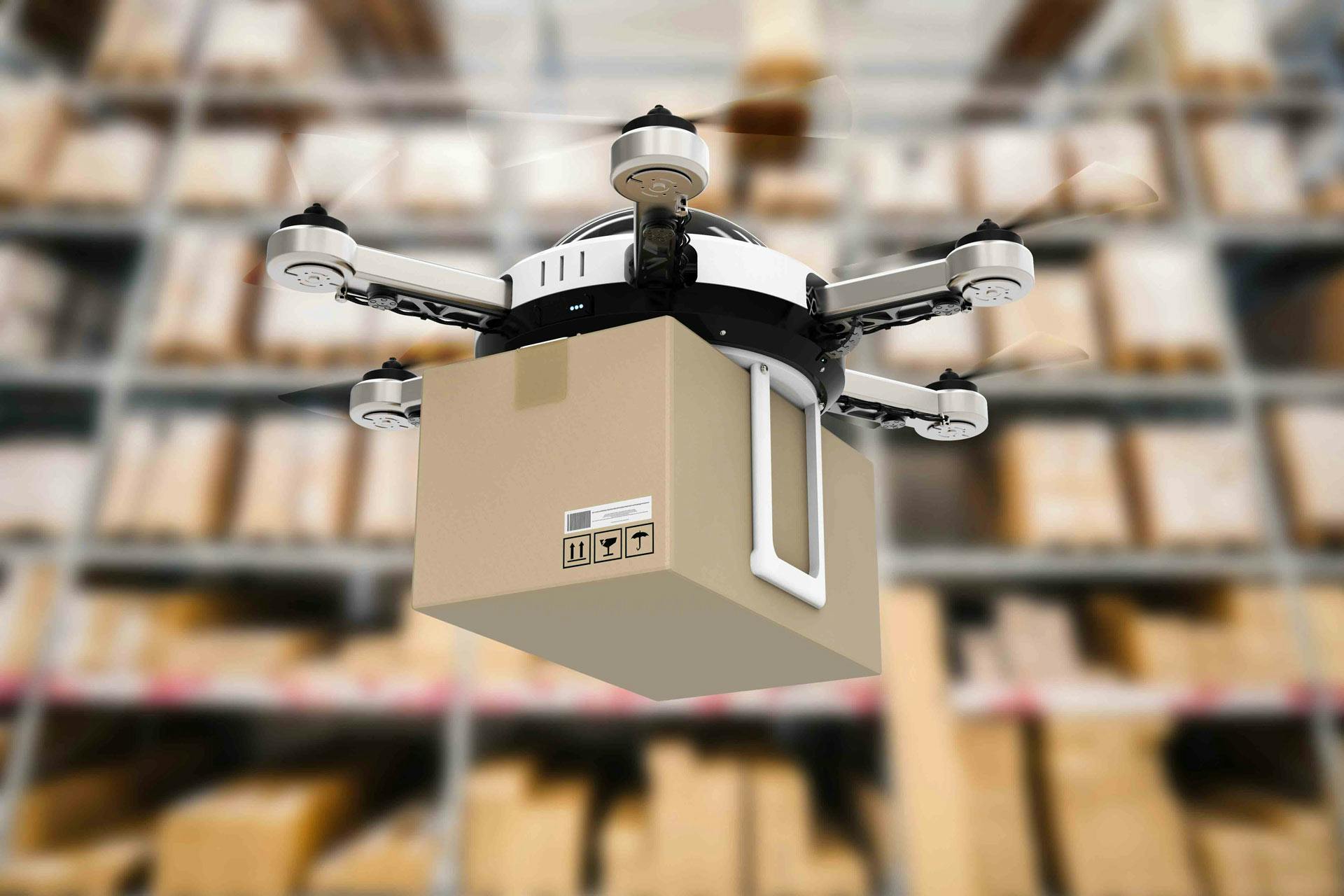

With the LoadRunner the researchers at Fraunhofer IML have locked down a piece key to the puzzle of the logistics industry’s future. An industry that - according to Professor Michael ten Hompel, Germany’s IoT luminary - is facing great disruption. Ten Hompel heads up research at Fraunhofer IML, and was speaking on how IoT, Blockchain and AI are shaping the logistics sector already at #BerlinVision.
The third edition of the event series organized by VITRONIC’s Berlin office took place on June 3 in an online format for the first time due to COVID-19. During the lunchtime talk ten Hompel addressed politicians, associations, customers, researchers and startups alike. Around 50 guests joined the first online #BerlinVision.
The logistics industry withstands COVID-19
While many industries like healthcare and education have been under pressure lately to digitize as a result of COVID-19, the logistics industry was well poised to play out its strengths during the crisis.
“The logistics industry continues to boom across Asia, Europe and the US. From my point of view, it is also one of the key sectors that will help pull us out of this crisis,” said Torben Posert, VITRONIC’s logistics expert. Now more than ever, goods need to be moved around. In the EU alone, 40 percent of web shop operators send their goods across borders. And while in 2014, around 265 million online shoppers across the world were ordering goods internationally, that number is estimated to grow to 940 million in 2020. In the future, the flow of goods will increasingly take place with the help of machines and artificial intelligence.
We have all the parts we need. We just need to bring them together while ensuring that standards - specifically here in Europe - are upheld.
Even today, with the help of VITRONIC’s ‘Made in Germany’ AI-Solutions, packets across the world are being efficiently identified and sorted. VITRONIC’s machine learning applications can recognize labels such as those with ‘hazardous goods’ warnings, alongside particular symbols or logos. Supply chains are becoming more transparent, faster, and data driven.
“This can also lead to new business models for parcel services and logistics companies,” Torben Posert added. The LoadRunner itself demonstrates how Germany can set an example for the world during this time of disruption in logistics. The conditions are all there. Now it is just up to humans themselves, said ten Hompel, adding that mankind’s greatest weakness is its inability to understand the exponential function.
“We are in the midst of a very real disruption… It’s a buzzword, but it is true that what we are living through right now is real disruption,” said ten Hompel. And it is a disruption that will be accelerated by supercomputers and Edge Computing. However, this shouldn’t put us off the technology.
“We can win the game, if we play along,” he encourages, since doing so would help futureproof the industry.
Supply chains will become interconnected and autonomous supply chain ecosystems.
The best way forward for logistics
LoadRunner proves that, when it comes to the future of logistics, what matters most is how everything comes together. While many industries are tackling the most important technology trends separately, the past few years have shown that all technology trends, including cloud computing, IoT, big data, platforms, blockchain, cognitive computing or even cybersecurity are occurring simultaneously - and must also be viewed holistically. The silicon economy has no limits, and no top or bottom, according to ten Hompel. And each of these trends will affect logistics, he added.
What’s more, the logistics industry is particularly well-suited to be a technological pioneer in this respect, because processes in logistics are relatively easy to algorithmize. Inexpensive sensors that cost a few euros can be relied on to deliver a great deal of data, and that acquired data can be fed into increasingly complex AI algorithms. Supercomputers with a computing power of 2 PetaFlops make Quantum computing – and, in the future, Quantum AI – possible.
“Many of the technologies are already in use today,” said Torben Posert. However, these are still predominantly used in closed systems. “We must transfer these solutions to open systems,” Posert added. In a recent white paper, he and his team explored how to do this, by rethinking the subject of cross-border shipment.
“It will be crucial that we operate open source systems and open innovation together, and work with common standards,” Professor Michael ten Hompel chimed in. After all, the abundance of data and the lack of transparent controls over it also raises questions about how data security and data sovereignty can be maintained, and how digitalization affects users.
The Human factor
LoadRunner turns humans from mere users into conductors, so ten Hompel. “You find yourself asking the question: ‘What does it mean for us to be human?’ he asked. “Especially as humans become more and more integrated with artificial intelligence, humans that need to guide AI and need to guide AI and define their scope of action.” In LoadRunner, for example, neural networks and so called Reinforcement Learning ensure that LoadRunner learns from impressions and data, and converts reactive behaviors into actions. In LoadRunner, “seeing,” “touching,” and “hearing” are the sensors - the neural network translates them into movements, navigation and speech.
Regardless of the benefits involved, digitalization and the infrastructure it requires are not yet welcome in all areas of life, Hompel said. Almost one in two Germans (43 percent) would start a citizen's protest in the event of radio masts being erected in their neighborhood, according to a survey put together by the industry association Bitkom in April 2020. 42 percent said that they would want to move out of their apartment if their landlord attached a radio antenna to the house. According to Torben Posert of VITRONIC, this is often down to a lack of transparency: "Many people do not understand how they can sell or market this transparency and the information they gain in a value-adding way.
New technology requires new digital business models.
New and innovative digital business models will help foster sustainable digitalization of the logistics industry, alongside new technologies.
“We have to learn to develop new business models with which we can hold onto our data sovereignty, and with which we can handle data and not give it away. This is where societal demands will come in,” says ten Hompel. “There needs to be a shift in how we think about this topic,” said Torben Posert, adding that what’s most important to note is that the gains in efficiency acquired through automation are undeniable. According to Prof. ten Hompel, 6 to 7 percent efficiency gains can be measured very quickly. He added that, ultimately, we must see technological development as an opportunity.
And there’s no turning back. “We will never return to the world before artificial intelligence,” ten Hompel said.
Conclusion
In Brief
- All technology trends need to be viewed holistically and in terms of networks.
- What matters most is not so much the individual parts, but rather is how everything comes together.
- Artificial intelligence is no longer a buzzword, but a reality. The ‘human factor’ is decisive for the success of digitalization.
- Digital business models are needed for digital logistics chains.
- Automation is an opportunity to safeguard the logistics industry against pandemics like Corona.
